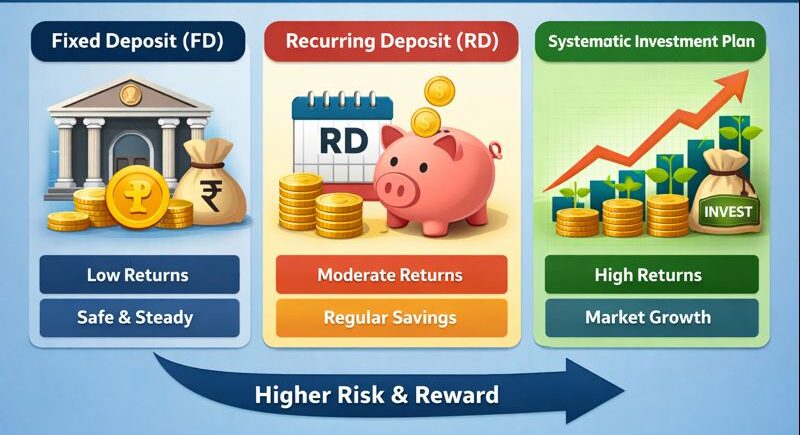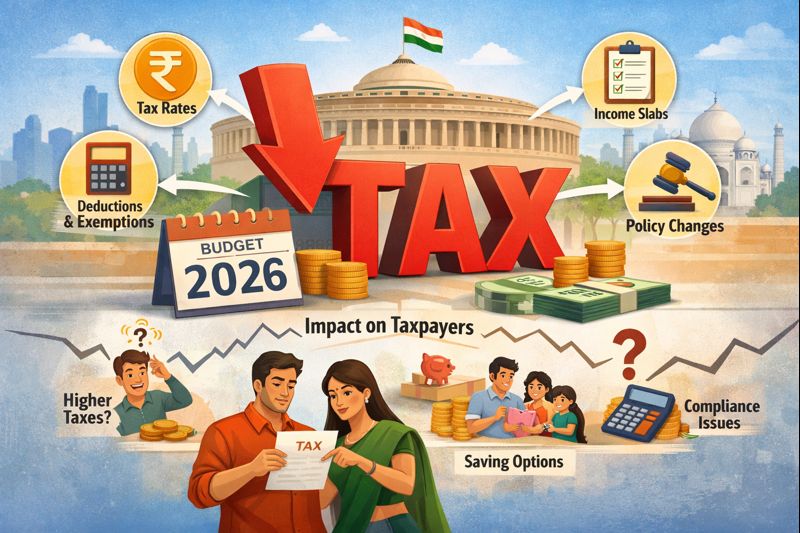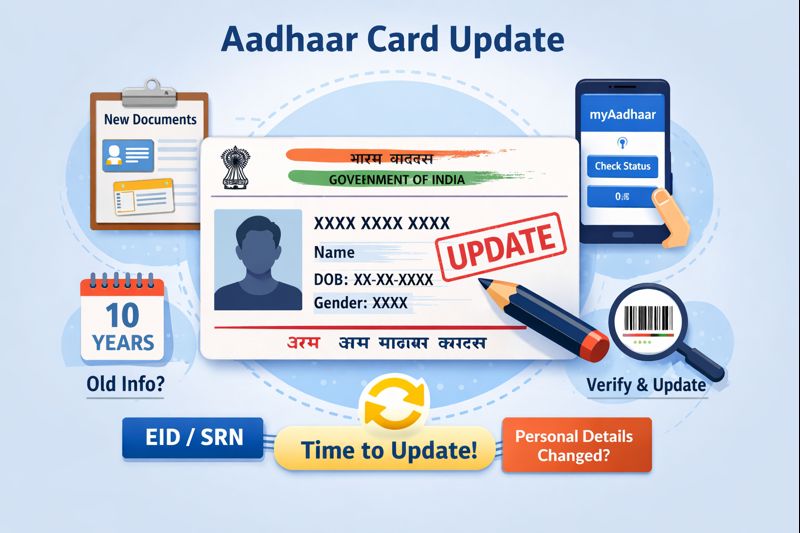If you’re considering taking out a loan in the near future, it’s essential to stay informed about the recent Reserve Bank of India (RBI) guidelines for loan regulations. Effective from October 1, these changes will impact certain types of loans, particularly those in the Retail and MSME (Micro, Small & Medium Enterprises) sectors.
In this Blog, you will get detailed insight into new RBI (Reserve Bank of India) guidelines and how it going to impact new loan bearers from October 1, 2024.
What are Retail and MSME Loans?
Retail Loans refer to financial assistance granted by banks and financial institutions to individual consumers for personal, familial, or household needs. These encompass a variety of loan types, such as mortgages, car loans, personal loans, and credit card borrowing.
MSME Loans are designed for Micro, Small, and Medium Enterprises (MSMEs). These loans target businesses that meet specific criteria regarding their size, including factors like investment in assets or turnover. MSME loans aim to foster the expansion and progress of small businesses by offering them essential financial support.
New Rules or Guidelines by RBI For Loan Takers on Oct 1st, 2024
The RBI has declared that individuals obtaining loans post-October 1st will be subject to the newly implemented regulations. These guidelines primarily aim to boost transparency in loan contracts, guaranteeing borrowers are adequately briefed on interest rates and related expenses. This initiative seeks to enable consumers to make better-informed choices regarding their finances.
1. RBI’s Statement on KFS – The Reserve Bank of India (RBI) has announced new guidelines aimed at standardizing Key Fact Sheets (KFS) for loans. The purpose is to enhance transparency across financial institutions regulated by the RBI and to ensure borrowers are fully informed about loan products, empowering them to make informed financial decisions.
2. Enforce new rules promptly – RBI wants to enforce new rules quickly in place for retail and MSME loans from all banks regulated by the RBI. Key Fact Sheets (KFS) are short summaries of loan agreements that help borrowers understand their loans better. The RBI has told banks to follow these rules right away.
3. Rule effective from Oct 1st, 2024 – Starting October 1, 2024, all new retail and MSME term loans, including those for existing customers, must follow these guidelines. According to the RBI, charges such as insurance and legal fees collected by institutions on behalf of third-party service providers will also be included in the Annual Percentage Rate (APR).
4. Loan Borrower’s Consent – Any charges must have the borrower’s consent and be disclosed separately. If the lender is involved in collecting these charges, they must provide receipts and related documents to borrowers for each payment promptly. Additionally, charges not listed in the Key Fact Sheet (KFS) cannot be imposed without the borrower’s explicit consent during the loan term. However, credit card transactions are exempt from these provisions regarding received amounts.
Eligibility Criteria for Retail and MSME Loan
Eligibility requirements for retail and MSME loans differ among lenders but typically encompass factors such as:
- Credit Score: Lenders typically look for a good credit score when approving loans. This score reflects how well someone handles their finances and pays back debts. Having a higher credit score increases the likelihood of loan approval and better terms.
- Income: Lenders commonly evaluate the borrower’s earnings to ascertain their ability to repay the loan.
- Duration of Business: When applying for MSME loans, lenders may take into account the length of time the business has been operating as a factor in assessing eligibility.
- Security Requirement: Certain loan arrangements may necessitate the provision of collateral, such as real estate or assets, as a form of security against the borrowed amount.
- Debt-to-Income Ratio: Lenders evaluate how much debt a borrower has in relation to their income. A lower debt-to-income ratio indicates that the borrower has a manageable level of debt in proportion to their income, which generally enhances their chances of loan approval.
- Business Plan: MSME loan applications might necessitate a thorough business proposal to assess its feasibility.
- Legal Compliance: Meeting legal and regulatory standards may be compulsory for loan approval, ensuring adherence to pertinent laws and regulations.
- Age and Citizenship: Borrowers need to satisfy age and citizenship or residency criteria.
- Documentation: Typically, borrowers are asked to provide a range of documents including identification proof, evidence of income, business records, and others.
Documents required for Salaried Employee
| Serial No. | Particulars | Documents Required |
| 1. | Proof of Identity | Aadhar Card, PAN Card, Driving License, Passport |
| 2. | Proof of Address | Electricity Bill, Water Bill, Passport |
| 3. | Proof of Income | Salary Slips for the last 6 months |
| 4. | Work Experience | Employment Certificate for min. of 1 year |
Documents required for Self Employed
| Serial No. | Particulars | Document Required |
| 1 | Proof of Identity | Aadhar Card, PAN Card, Driving License, Passport |
| 2 | Proof of Address | Electricity Bill, Water Bill, Passport, Aadhar Card |
| 3 | Proof of Income | Bank Statement for the last 3 months, ITR for last 3 years, Balance Sheet & Profit& Loss Statement from last 3 years. |
Why do you need to opt for Retail and MSME Loans?
Individuals frequently choose to obtain retail and MSME loans for diverse purposes. Retail loans, like personal or auto loans, furnish individuals with essential funds to facilitate significant purchases or address unforeseen expenses, sparing them from depleting their savings. These loans afford flexibility regarding repayment alternatives and can serve various objectives, such as home improvements, educational expenditures, or amalgamating high-interest debt.
Conversely, MSME loans address the financial requirements of micro, small, and medium-sized enterprises (MSMEs). These loans are vital for businesses to fulfill working capital needs, expand their activities, procure equipment, or upgrade their technological infrastructure. By availing of MSME loans, businesses gain access to opportunities for growth, enhance efficiency, and sustain competitiveness within the marketplace.
Conclusion
To sum up, these fresh guidelines from the RBI mark a notable advancement in promoting openness and responsibility in the lending sector. By providing borrowers with transparent and concise details, the RBI seeks to encourage prudent borrowing behaviors and protect consumer interests. If you’re considering applying for a loan after October 1st, 2024, it’s essential to acquaint yourself with these regulations to ensure informed financial choices.
Source : informalnewz, buddyloan







